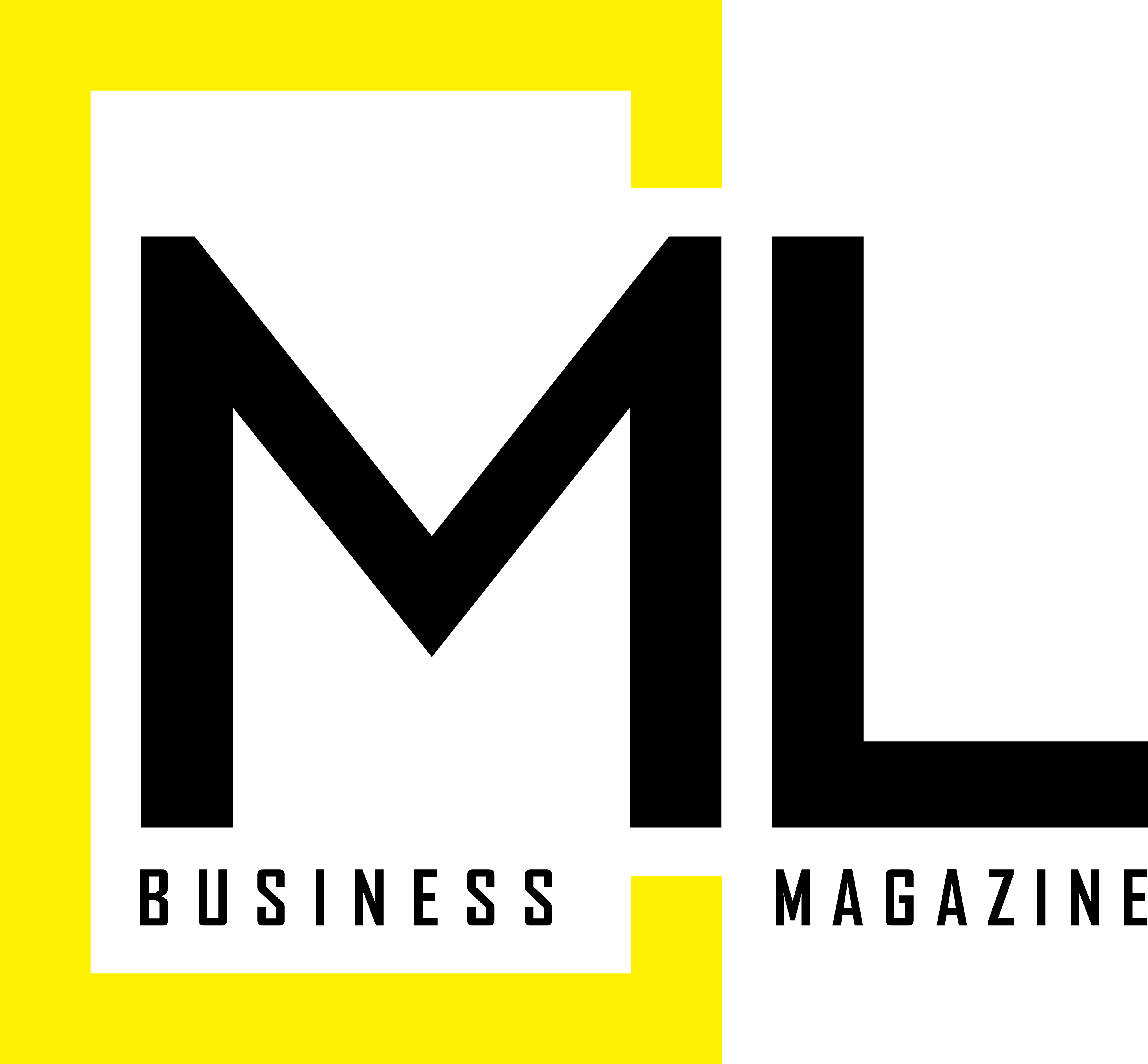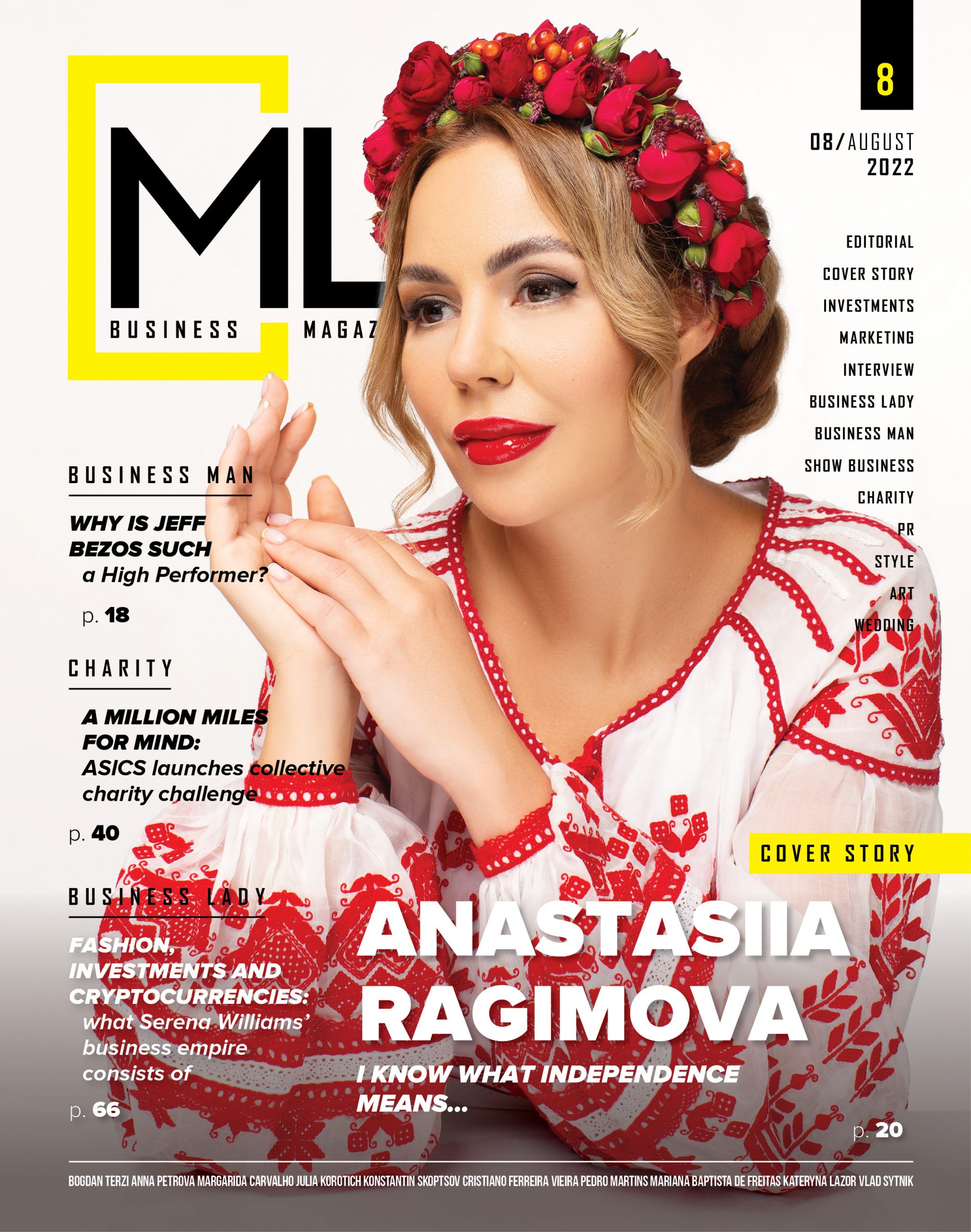Timofii Yermolaiev: Dentistry Without Compromise – Either High-Quality or Nothing
Timofii Yermolaiev is a dentist and co-founder of Elite Dental. In this interview, we will discuss his journey in dentistry, the foundation of Elite Dental, professional challenges, cutting-edge technologies, as well as his personal achievements, charitable activities, and core values.
What led you to choose dentistry as your profession?
I chose my profession thanks to my father. At first, I did not have a conscious desire to become a dentist, but since childhood, I would always say that I would be like my dad. He gradually guided me in this direction, and eventually, I entered medical university.
During my studies, there were many challenges, and if it weren’t for my parents’ support, I probably would not have completed my education. Everything I have achieved in this profession is thanks to them, especially my father. His persistence and faith in me became the key factors in my success.
How did you decide to establish Elite Dental, and what inspired you?
The idea of creating a clinic came to me a long time ago, when I was in the first year of my internship, about ten years ago. My father and I decided that we would open our own dental clinic.

I conducted a lot of research—I visited various clinics as a patient, observed how doctors interacted with patients, how they communicated, and what recommendations they gave. In addition, I interned abroad, studied medical protocols, and analyzed the specifics of patient communication. To be honest, in many countries, including Europe, the USA, and even the CIS, the level of patient interaction left much to be desired. That is why I wanted to create something truly high-quality and comfortable.
We originally planned to open the clinic in the fall of one of the previous years. We even had a location in central Mariupol, just 50 meters from the Drama Theater. However, circumstances changed, and we never opened there. As it turned out, this was the right decision—if we had opened in the fall of 2021, we would have lost everything: the premises, equipment, and resources. Fortunately, fate had other plans, and we were able to bring our idea to life elsewhere.
What were the main challenges you faced at the beginning of your journey?
Relocating was a huge challenge. Starting a business in a new city, especially in a field as complex as dentistry, was quite nerve-wracking.
The biggest difficulty was that at the beginning, we had almost no patients. In the first few months, we had only one or two patients per week, and this was very difficult, both for me and for my father, who was used to a much different work pace.
But gradually, the situation began to change. After three months, we started getting more patients—people began calling, asking if we were open. Some of our former patients from Mariupol also reached out. Step by step, we built a stable patient flow and structured our work processes.
How do you see the development of the dental industry in Ukraine?
This is a very broad topic, but one of the biggest challenges is the lack of price and quality control. Today, there is a significant gap in the cost of dental services: one dentist may offer a veneer for $2,000, while another offers it for $200. Many patients do not understand that these prices reflect different levels of specialist training, the quality of materials, and manufacturing technologies. This creates a false impression that high prices are simply due to dentists’ greed.
The main issue with price dumping is that some clinics or individual dentists try to cut costs to the maximum: they use the cheapest materials, invest the bare minimum in education, and sometimes even rely solely on YouTube tutorials without fully understanding all the details and nuances. In such cases, there is almost no accountability, as patients cannot evaluate the quality until complications arise.

For the industry to develop, we need to introduce certain standards. For instance, if we set a minimum price for veneers at $1,000, while requiring clinics to document the purchase of certified materials and prove collaboration with reliable laboratories, this could reduce price disparities and increase patient trust.
The same applies to implants—when a patient is offered an implant for 3,000 UAH and another for 40,000 UAH, they often do not understand the difference. But the cost includes not just the implant itself, but also the technology of installation, the equipment used, and the dentist’s qualifications. These factors are crucial, and the more people understand this, the higher the overall quality of the industry will become.
What makes your business unique in the market?
Our clinic stands out from others in several key ways.
First and foremost, we operate at any time. We can see a patient even at night, pick them up from home, bring them to the clinic, provide the necessary care, and then take them back. This is a rare service that almost no one offers.
Second, our practice is a family business—a true dental dynasty. My father has vast experience, which he passes on to me, and I can always turn to him for advice, especially in complex cases. This gives me confidence, and patients appreciate this added reliability.
Third, we prioritize maximum patient comfort. We pay attention to every detail—for example, we recently ordered one of the world’s best dental chairs, which even has a massage function. This is particularly important for long procedures, where a patient may be in the chair for 5–10 hours.
Another key advantage is comprehensive service. At our clinic, patients can receive all types of dental care in one place. We operate under a unified vision, using the most advanced approaches to ensure top-quality treatment at every stage.
We also focus on small details that make the visit more pleasant—from high-quality service to gifts and souvenirs for patients. I have visited leading clinics in Ukraine as a patient, and I have not encountered this level of care anywhere else.
Another unique service we provide is transportation assistance for patients who have difficulty moving. In most cases, patients must arrange transportation themselves, whereas we help with logistics, ensuring they receive the necessary treatment without additional difficulties.
All these aspects combined create a service that is fundamentally different from the standard approach to dentistry.

How do you attract and retain clients?
The majority of our patients come to us through word-of-mouth recommendations. I have tried various approaches—targeted advertising, marketing campaigns—but in the end, I was disappointed. Following the advice of different specialists, I worked with several teams and spent over $12,000 on promotion, but these investments did not bring the expected results. I would have been better off investing that money in new equipment or something useful for the clinic.
Instead, we retain patients through genuine, sincere interactions. No artificial politeness, no overuse of phrases like “We’re happy to see you” or “Have a great day”. I’ve seen how forced courtesy in some clinics feels unnatural, and for me, that only creates distrust.
Our approach is different—friendly, natural, and respectful communication. Patients sense and appreciate this. We build warm, human relationships, which, over time, turn into trust. Small things, such as holiday or birthday greetings, add a personal touch, making patients feel valued. That is the key secret to our client loyalty.
What advice would you give to young entrepreneurs?
My advice is simple: if you want to start your own dental business and succeed, you should consider purchasing my franchise. This is not just a business model but also comprehensive support, including guidance for running your clinic for five years.
I thoroughly analyze each case—your ambitions, the types of patients you want to treat, and the services you plan to offer—and based on this, I develop an optimal strategy for you. This way, you avoid common mistakes and receive a ready-made, proven plan.
This is the most effective path to success because you gain not only a brand but also knowledge, experience, and support that will help you quickly reach a high professional level.
Have you received professional awards? Which ones are most important to you?
Yes, our clinic has repeatedly received professional awards, including the title of “Clinic of the Year.”
Each of these awards has its own story and significance. They not only confirm the high level of our work but also motivate our team to keep improving.
Additionally, awards influence how patients perceive the clinic, as they serve as a mark of trust and professionalism.
For us, it is important not just to receive awards but to live up to their standards every single day in our practice.
How do your values reflect in your work?
My values are reflected in every working day. I simply cannot do something half-heartedly—for me, that is unacceptable. If I take on a task, I do it with full dedication and at the highest quality level.
I never work just for the sake of it and do not compromise on quality. If I feel that due to my well-being or other circumstances, I will not be able to provide treatment at the highest level, I would rather reschedule the appointment than do something haphazardly. For me, it is crucial that every patient receives the maximum level of attention and professionalism.

This approach is not just a work standard—it is a part of my worldview. I firmly believe that you either do something well, or you don’t do it at all. And this principle applies to everything I do.
How did the relocation of your clinic from Mariupol to Kyiv take place, and what challenges did you face during this process?
In reality, there was no full-scale relocation, because there was nothing left in Mariupol—everything was either destroyed or looted. At the place where my father worked, not even the smallest things remained—they took literally everything, even a pen from his coat. The clinic had not yet been opened, the project was still at the planning and negotiation stage, so there was nothing to transfer to Kyiv.
My relocation happened gradually. First, I was in Zaporizhzhia, then I moved to Dnipro, where I worked for several months in a clinic that ranks among the top 200 best clinics in the world according to a British ranking, holding the 34th position. This was a valuable experience.
Then, on my 30th birthday in 2022, I moved to Kyiv. The relocation was a difficult stage. At first, I came alone, as my parents had not moved yet, and together with my brother, Dmytro, we started searching for a space and organizing the clinic. He actively helped with purchases, while my mother handled communications—making calls and clarifying important details.
At the beginning of our relocation, my friend Vlad Pavlovskyi and his mother, Iryna, helped us tremendously by providing us with housing and support. This was incredibly valuable at that moment.
What are your plans for the clinic’s development? Do you plan to open new branches?
Yes, we have plans to open a new branch. My brother, Dmytro Yermolaiev, will manage it. Since he played an active role in establishing the clinic in Kyiv, it is only logical that the next step is expanding our work, and he will be the one to take on the management of the new division. I will support him as much as possible, just as he supported me.



